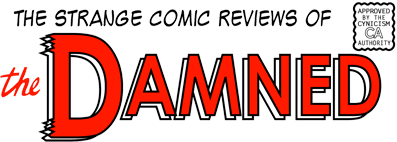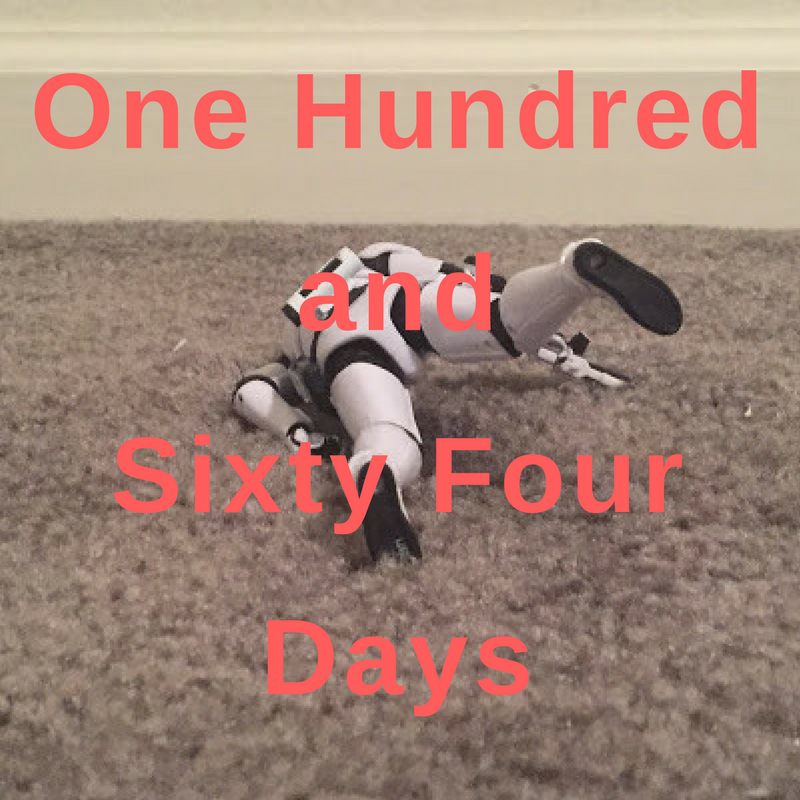
As I said, it's a mistake to read too much into Star Wars, but it's also important to recognize that more than almost any other piece of popular entertainment in recent memory, the films have been constructed with an eye towards carrying a strong subtext. Admittedly, it is ham-fisted and occasionally leaden, but it's there and it's honest, the end result of the films' nature as independent productions. You're never going to see a Spider-Man movie that ends on such a down note as Sith, with bodies everywhere and the heroes dead or defeated. They are still, at their core, adventure movies, but unique among the seemingly infinite big-budget extravaganzas that were spawned in its wake, it also presents a workable facsimile of intellectual context in the form of a willingness to show the audience something more than what they passively want to see in the full awareness that it may unsettle or intrigue them - a subtle distinction from the nostalgic stasis of the fanboy contingent, but definitely predicated on the notion that the films, with their occasionally irascible subtext, are fully Lucas' creations, as opposed to the populous masturbatory chaos of the "Expanded Universe" . In a civilization starved for content, the degree to which the ideas embodied by the Star Wars movies haved permeated the body politic is embarrassing, but, in all honesty, people could do a lot worse than to pay attention to the issues lying just underneath the surface of the prequel trilogy. Better than merely parroting the veiled theistic propaganda of "May the Force be With You" - if there is a Force, I'd rather it not be with me, thank you very much Jerry Falwell.
The ideas at the core of the original trilogy were mythical in nature -- the heroic quest for enlightenment, the Biblical concept of redemption, the success of righteousness through sublimation to a celestial ideal of piety. But the original movies erred in presenting these mythical ideas without any criticism or cultural dialectic either assumed or implied, an anti-rationalist "poison pill" that carried a generation of blissful moviegoers back to pre-Enlightenment modes of thought on the back of an undenialy enjoyable adventure tale. A perfect lullaby for the rock-ribbed conservative, with their urgent desire for paternalistic power structures to reinforce their seemingly contradictory lust for unfettered individualistic adventurism. The rise of the original Star Wars films coincides rather uncomfortably with the rise of the Evangelical right as a force to be reckoned with in American cultural politics, and while it would certainly take a concerted effort by a much more dedicated researcher than myself to decipher whether or not there is any causation to this correlation, it is an interesting observation nonetheless. (On a purely anecdotal level, I can say from experience that the original films are perennial favorites among the evangelicals of my acquaintance - definitely one reason I have been forced into frequent reappraisals of the films' quality. News flash: none of the Star Wars movies are that great to begin with, cut, print.)
Thankfully, the prequel trilogy offers a much more muscular and gratifying thematic perspective than the original films - even if, admittedly, the dedicated viewer has a lot more work ahead of them in terms of disentangling the thematic meat from the often incomprehensible and convoluted storytelling. The sources here are no longer ancient myth and oracular legend but history and literature, in particular the drama and politics of ancient Greece and Rome. The idea that power exerts an inexorably corrupting force is one of the oldest, but it is still sickeningly current - as is the fact that democratic instutiutions are inherently fragile and prone to the pernicious influence of demagoguery (this is something that both the Greeks and the Romans learned to their chagrin). The best intentions of good men blinded by pride can lead to tragedy - or haven't you read your Sophocles lately? Blind obediance to authority is no guarantee of righteousness. Even the best-laid political foundations can fall pray to Bonapartism when pressed by unforeseen circumstances.
Are the prequels better films than the originals? Well, that would be a difficult judgement to make on the grounds of subtext, given as subtext is only a small part of what goes into making such immensely (and often unnecessarily) complex movies. By that same token, it would be churlish of me to dismiss the original films simply because they implied a philosophy I found distasteful, considering that the retrograde philosophy is only a small part of what makes them so enduringly popular. But I would be extremely surprised if the prequels' reputations didn't improve as the years go by and more studied moviegoers can examine Lucas' achievement apart from the rather jaundiced perspective of the cultists.
The Star Wars movies are escapism, but they are escapism of a kind rarely seen anymore. Most popular entertainment barely registers any kind of intellectual or rhetorical pulse anymore, beyond a flatline of bare consumerist nihilism, authoritarian conservatism or - as is the case with the Matrix films - baffled incoherence. Certainly, Lucas is no Almadovar, or even a Tarantino - as a filmmaker he is a craftsman whose formalist tendencies would probably have been better suited to the silent era, with little feel for the vagueries of individual actors or the emotional complexity of technique above the level of pure spectacle. But still, he is an exquisite craftsman (if anything, the prequels suffer from a surfeit of craft, often to the detriment of clean storytelling), and the (tentative) conclusion of his magnum opus should give us all cause to reflect on just how rare it is to see such a dedication to occasionally clumsy, occasionally thought-provoking, but ultimately engrossing entertainment. At the very least, the prequels, with all their warts and bruises, seem sincere - and that's just too refreshing a sensation in modern moviegoing for me to easily overlook.


























